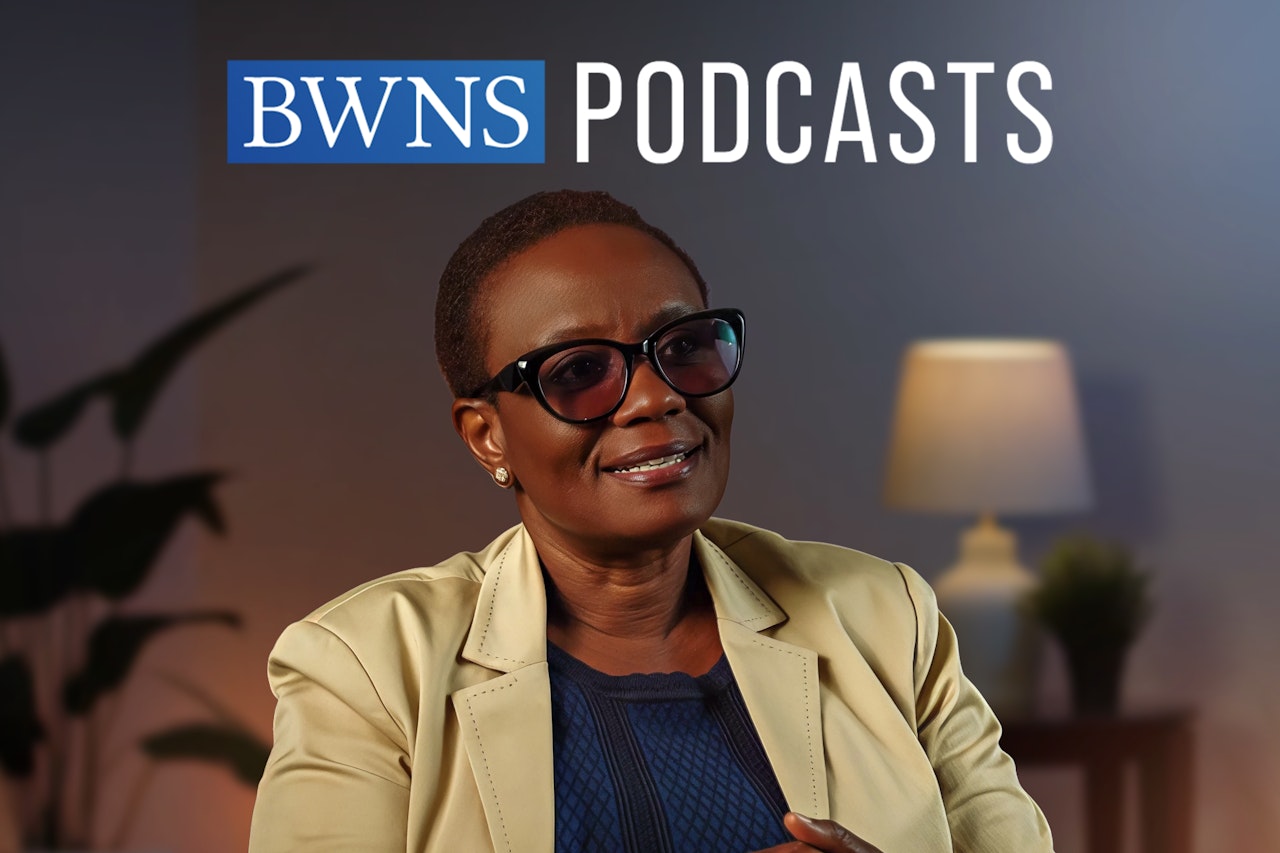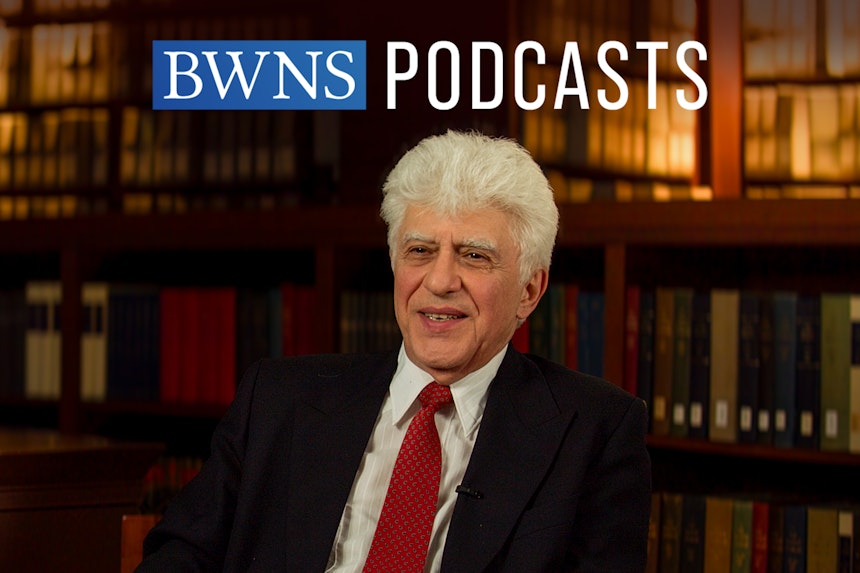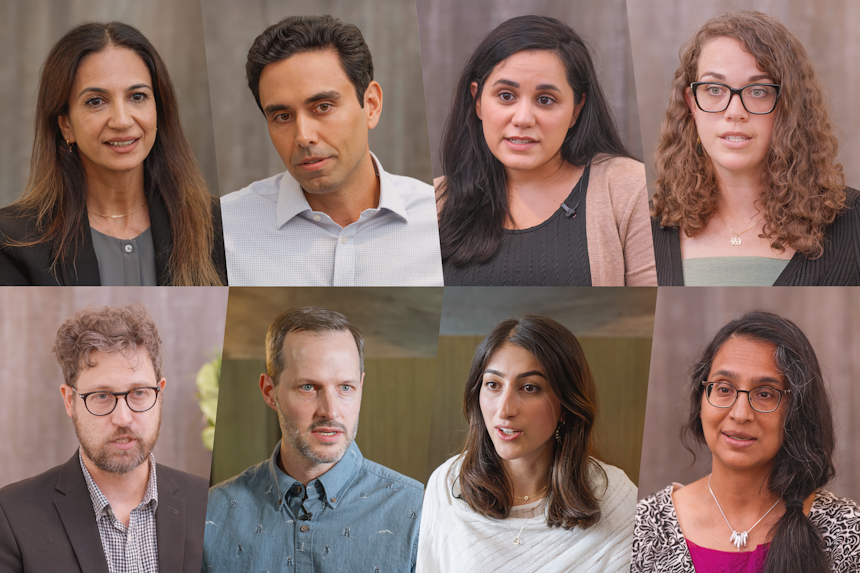BAHÁ’Í WORLD CENTRE — In a recent podcast episode from the News Service, we hear from Musonda Kapusa-Linsel, member of the Board of Counsellors in Africa, as she reflects on the transformation fostered through Bahá’í material and spiritual educational initiatives in Zambia over the past four decades.
“We have been promoting an educational process that can help build the capacity of communities to take charge of their own development,” says Mrs. Kapusa-Linsel.
A notable moment in the development of Bahá’í educational efforts in Zambia was when a Bahá’í training institute was established in 1983. These efforts have been promoting moral and spiritual principles, enabling people of all ages to channel their energy toward the betterment of neighborhoods and villages throughout the country.
Mrs. Kapusa-Linsel explains that, over time, educational programs created spaces where participants could explore concepts such as the essential oneness of humanity, the elimination of prejudice of all kinds, the equality of women and men, and the power of consultation as a tool for achieving collective vision and harmonious action.
As experience with these programs grew, several complementary initiatives took root, such as the Preparation for Social Action (PSA) program, a Bahá’í-inspired endeavor that raises capacity in young people to apply scientific knowledge together with spiritual principles for the development of their communities.
In Katuyola village, graduates of the PSA program, known as “promoters of community wellbeing,” have contributed to the improvement of local health practices in collaboration with nearby clinics. During the COVID-19 pandemic, these clinics drew on the promoters of community wellbeing to assist with public health initiatives.
The impact of these various educational initiatives has extended to many aspects of community life. As participants applied spiritual principles to address material challenges, their collective actions began to reshape local infrastructure.
For instance, in Katuyola village, the community established a “village education team” that created spaces for consultation among various agencies and institutions, including schools, traditional leaders, and the Bahá'í Local Spiritual Assembly.
Through this consultative process, residents of Katuyola noted that many children were unable to continue their education beyond primary school due to the remoteness of secondary institutions, highlighting the necessity for a local secondary school.
Mrs. Kapusa-Linsel says: “A number of women... were very keen to help and they said that they will do everything they can to see to it that a secondary school is established within the village, because they have seen how the programs that their children are engaged in have really transformed them.”
The community’s unified action led to the establishment of a school that provides local youth with access to secondary education without leaving their village.
“Katuyola village is seeing itself as one,” Mrs. Kapusa-Linsel observes. “Its residents have realized that... having gone through this journey, their powers can really multiply and that there is so much that they can do.”
The podcast episode is part of the “Insights from the Field” series, which provides firsthand accounts that narrate specific Bahá’í efforts in the field of action.






